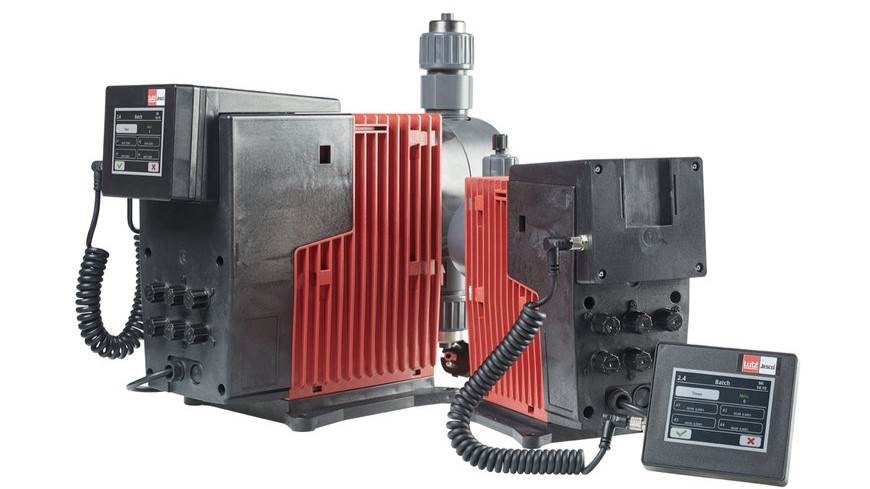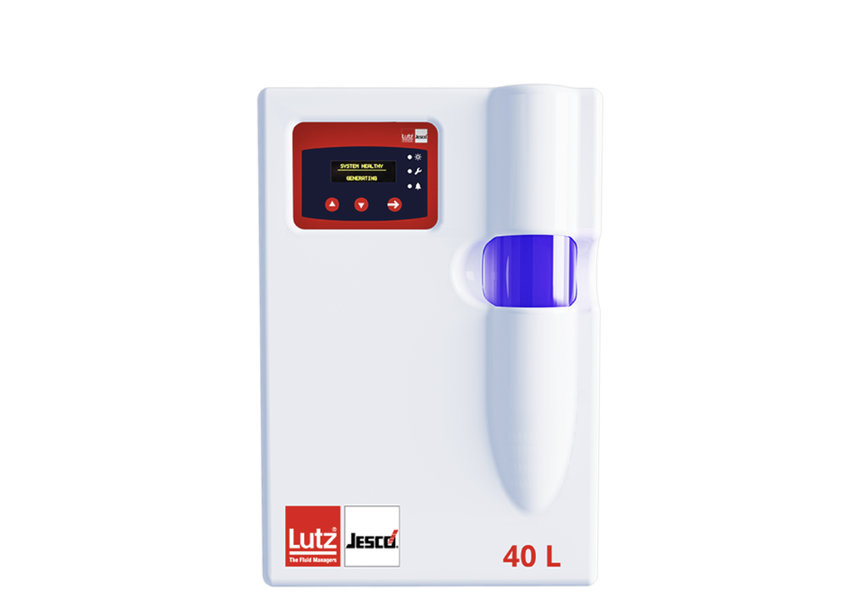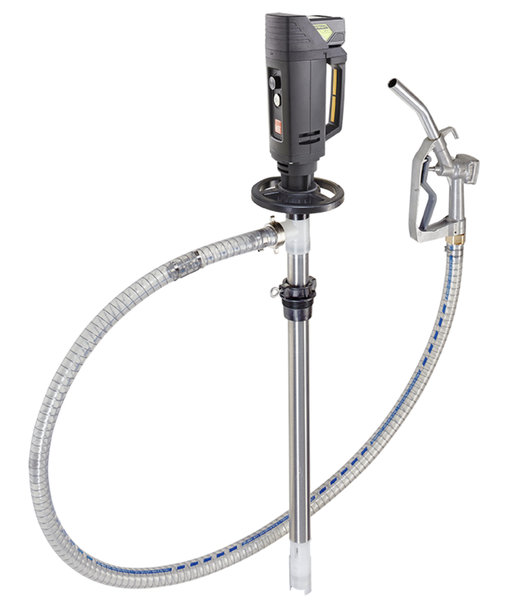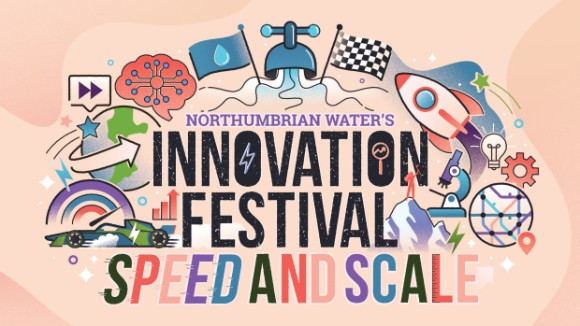Clean and affordable drinking water for all by 2030: this is one of the ambitious UN sustainability goals. Efficient water treatment is crucial, especially on continents such as Africa, where a water supply cannot be taken for granted in many areas.
Suitable technologies with which to realize the UN goal will be on show at the Water Africa 2024 trade fair, held from 26 to 28 June at the Accra International Conference Centre in Ghana. Lutz-Jesco will be presenting its B3 mobile drum pump and its Memdos Smart dosing pump for wastewater treatment plants and waterworks (stand D12).
A refreshing sip of cold water at the turn of a tap: nothing but a dream for many. “2.2 billion people worldwide currently have no access to clean and safe drinking water. Around half a billion of them live in Africa. These people live under the constant danger or catching life-threatening diseases, which in the worst case can develop into epidemics,” says Heinz Lutz, CEO of Lutz Holding.
“In view of these alarming figures, it is clear that the international community must act to provide universal access to clean drinking water,” Seeking to play its part, Lutz-Jesco has developed new technologies that support efficient water treatment, and which will be on show at the Water Africa 2024 trade fair.
Memdos Smart: A dosing pump for water treatment with intuitive operation like a smartphone
Exhibiting at this year’s Water Africa trade fair, Lutz-Jesco will be showcasing its Memdos Smart, a stepper motor dosing pump that helps to effect the improvement of water quality in small wastewater treatment plants and waterworks. The pump performs a number of functions, including the introduction of flocculants into the water.
These agents serve to combine impurities and suspended matter into larger particles which are easier to separate. “Precise dosing is crucial for high quality water treatment,” says Steffen Roth, Head of Development at Lutz-Jesco GmbH. “To this end, we have fitted the Memdos Smart with a microprocessor-controlled stepper motor.”
Its special feature: unlike standard motors, the motor of the diaphragm pump can be run asynchronously. It works at higher speed during priming so that it draws in the liquid more quickly with stronger negative pressure, whilst working at a lower speed during controlled and even discharge.
“Thanks to the stepper motor, we are able to achieve an almost constant supply stream, which enables gentle, low-pulsation and precise dosing of chemicals for water treatment in small wastewater treatment plants and waterworks.” The Memdos Smart is available in eight performance levels, with supply streams between 2 and 180 litres per hour.
And is also intuitive to operate. As Roth says: “The combination of a full-colour touch display with operation similar to a smartphone sets us apart from other market players. Users can understand and perform all functions immediately without the need for operating instructions. This makes control of the pumps significantly quicker and less prone to malfunctions.”
Battery-powered drum pump for remote areas with a poor infrastructure
At Water Africa 2024, Lutz-Jesco will also be showcasing its B3 Battery, a new battery-powered drum pump that combines mobility and energy independence for water and wastewater management in remote areas with poor infrastructure. Fitted with a brushless 320 watt DC motor, it offers a delivery capacity of up to 180 litres per minute and a delivery head of 11.8 metres of water column. “With the new B3 Battery, we have succeeded for the first time in making the performance of a battery-operated drum pump comparable to that of cable-connected models”, says Michael Raabe, Head of Sales at Lutz Jesco GmbH.
One battery charge is enough to empty a 200-litre drum 14 times – in around 15 minutes. At a lower speed, a 1000-litre IBC container can be pumped out 5.8 times in 51 minutes. The pumping station is available in different versions to convey as many chemicals as possible for water treatment, including a version made of polypropylene (PP) for sodium hydroxide and of polyvinylidene fluoride (PVDF) for chloric acid.
An electrolysis system generates disinfectant from commercially-available salt tablets
Visitors to the Water Africa 2024 have the opportunity to meet Lutz-Jesco experts to discuss their water disinfection technology, including the new EASYZON L, a chlorine dioxide system for small waterworks, and the MINICHLORGEN electrolysis system, which can be used to produce the disinfectant sodium hypochlorite from commercially-available salt. This system is currently deployed in a range of contexts including in mobile waterworks in Ukraine.





